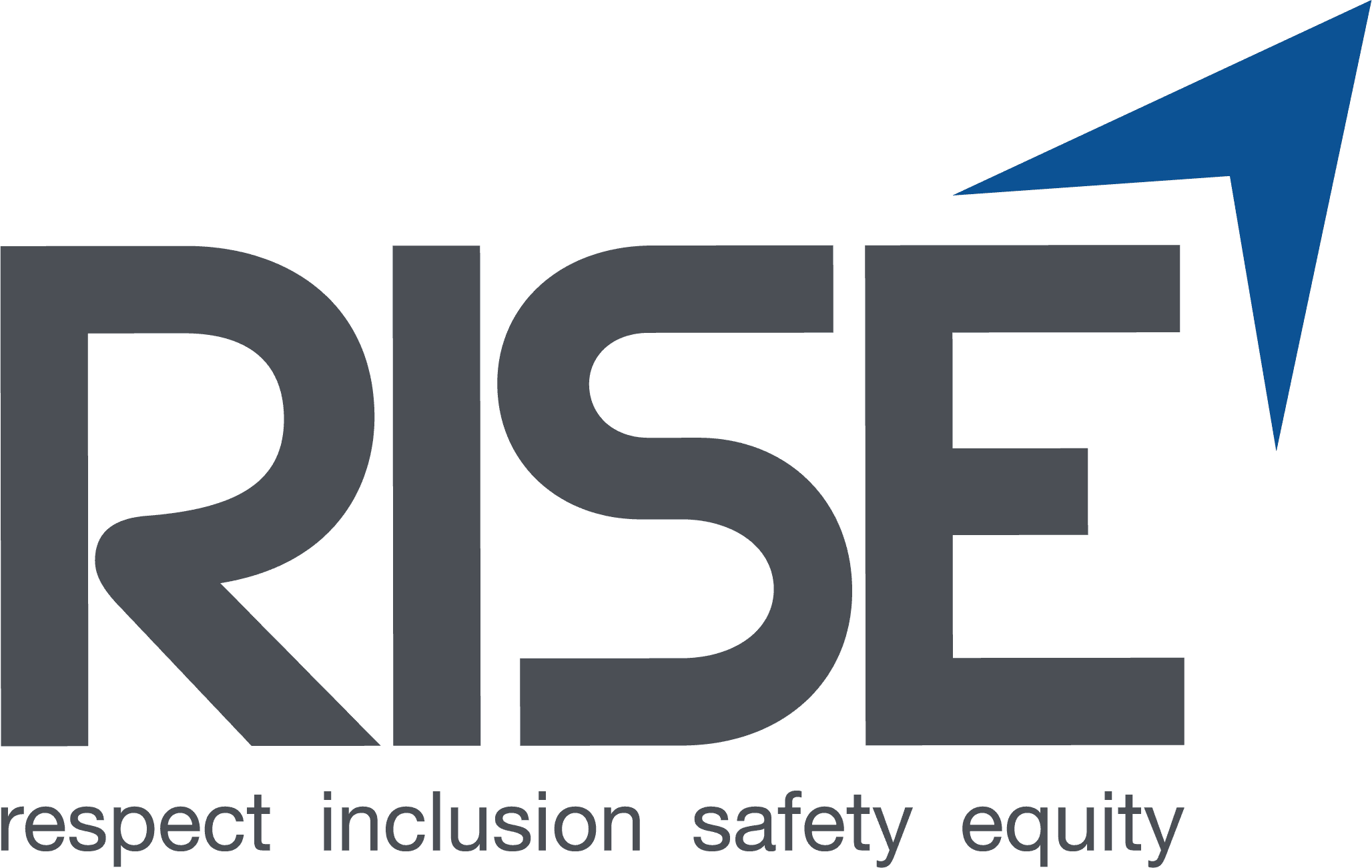
If you want a project done well, you and your team need effective communication.
A recent study reveals that teams with excellent communication can boost their productivity by as much as 25%. The same study found that 86% of employees and executives claim lack of communication or poor collaboration is a primary cause of workplace failures.
If your team has workplace communication issues, they can devolve into project delays, a toxic working environment, and even safety hazards.
Here are a few ways to solve your workplace communication issues:
Establish a Chain of Command
When someone has a question, needs direction, or is experiencing some form of discrimination, they have to know who can help them. Establishing a clear chain of command reduces the risk of miscommunication and confusion. This also helps make your work site a safer, more productive place.
The chain of command standardizes communication and keeps people accountable. It should be defined in the initial contract documents, and updated any time changes are made or when roles are not clearly outlined.
Be Clear and Concise
Poor written communication costs businesses $400 billion annually.
Get your message across the first time you say it. This is easier said than done, especially when English isn’t an employee’s first language, or if your employees are dyslexic or have a learning disability.
You need to be as detailed as possible, while using as few words as possible. Avoid using too much jargon or ambiguous language. Practice using short sentences and paragraphs, and substitute bullet points when appropriate. Don’t be afraid to repeat yourself, especially if your project is complex or has a lot of moving parts.
Proofread your email or notice before sending it, and invite your employees to ask questions if they need clarification.
Encourage Employees to Speak Up
Encourage your employees to share opinions, feelings, and personal stories. This can foster and strengthen bonds. Understanding and appreciating differences helps build empathy within your team, making them more productive. It also inspires them to share their unique perspectives on projects, which can improve innovation and efficiency.
Choose Your Communication Method
There are many ways to communicate in the construction industry. Unfortunately, between hand signals, signs, meetings, emails, newsletters, software, and filing systems, it’s easy to get lost in the mix.
Make sure all your employees know where they can find vital information. Also, information should be the same across all channels of communication.
Practice Active Listening
Focus on what your employees are saying without interrupting. Also, keep yourself from formulating your response until they’re done talking. If you don’t, you might be a key piece of information.
When responding, ask clarifying questions and rephrase the information you heard to see if you’re both on the same page. Don’t wait until after your conversation is over to ask these questions, even if you don’t feel comfortable asking them in person.
Treat Everyone Equally
Equal treatment is particularly important when working with a diverse construction team. If you don’t treat a female employee with the same respect as a male employee, they could feel discouraged or upset. If two people do the same job, they should be treated with the same level of respect, regardless of race, ethnicity, gender, sexual orientation, etc.
Failing to treat your employees equally can toxify your work environment, slow productivity, and even lead to lawsuits that make accusations of discriminatory practices.
Keep Communicating
Sustaining communication is an easy way to prevent workplace communication issues. Update your employees as needed with clear and concise messages, and have an open door policy. Schedule regular one-to-ones with your employees, so they can ask any questions or express concerns they may have.
Specific team members may require a different communication approach, so be mindful of that. They will likely appreciate you for it, because you’re showing them that you’re putting the extra effort into your relationship with them.
Final Thoughts on Workplace Communication Issues
Communicating effectively isn’t easy. It takes a lot of practice and consistency. However, the payoff of strong communication is more than worth it. You and your staff will be more in sync, more productive, and often results in a better ROI.
To learn about effective workplace communication in construction, send us a message.
